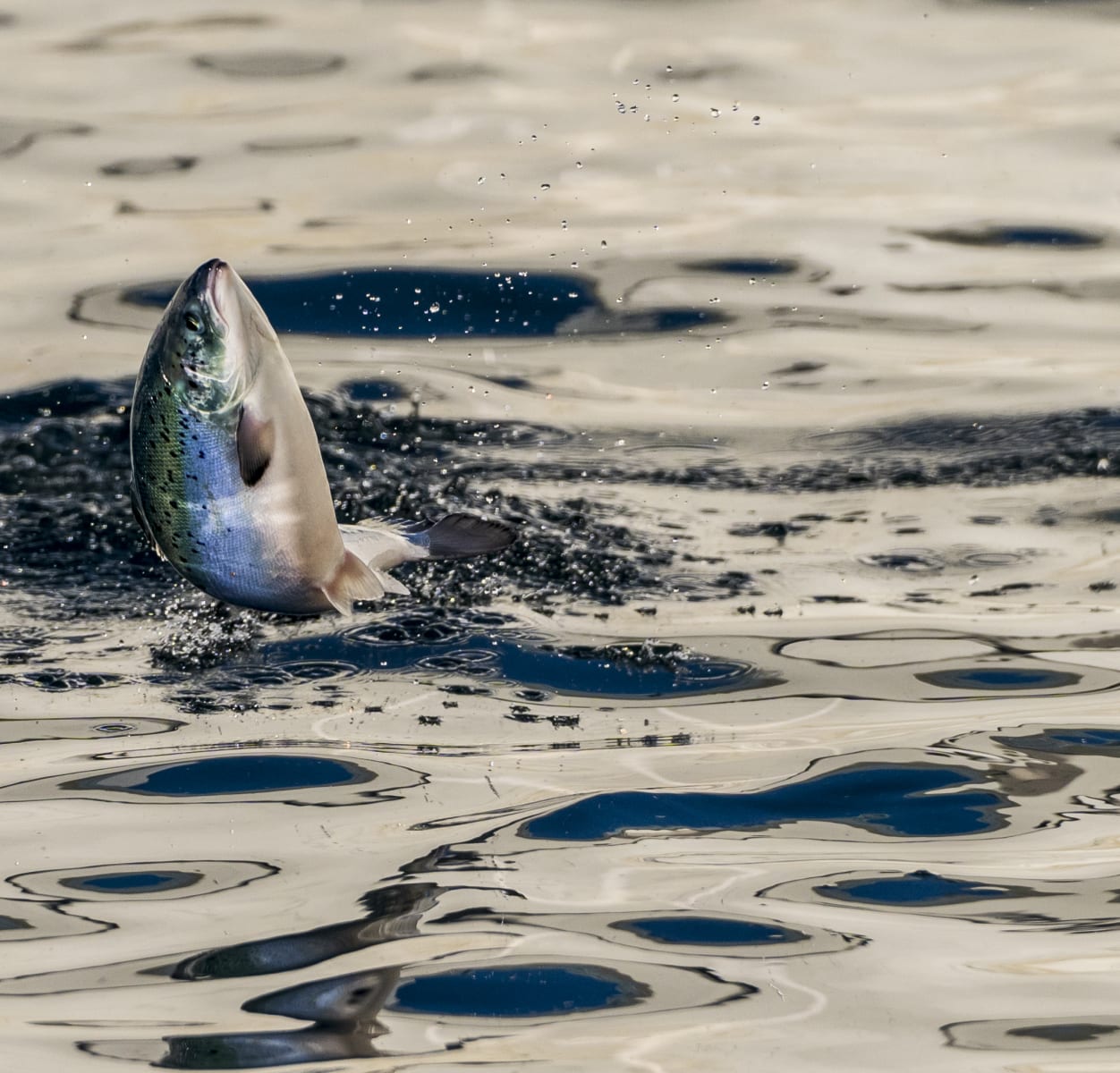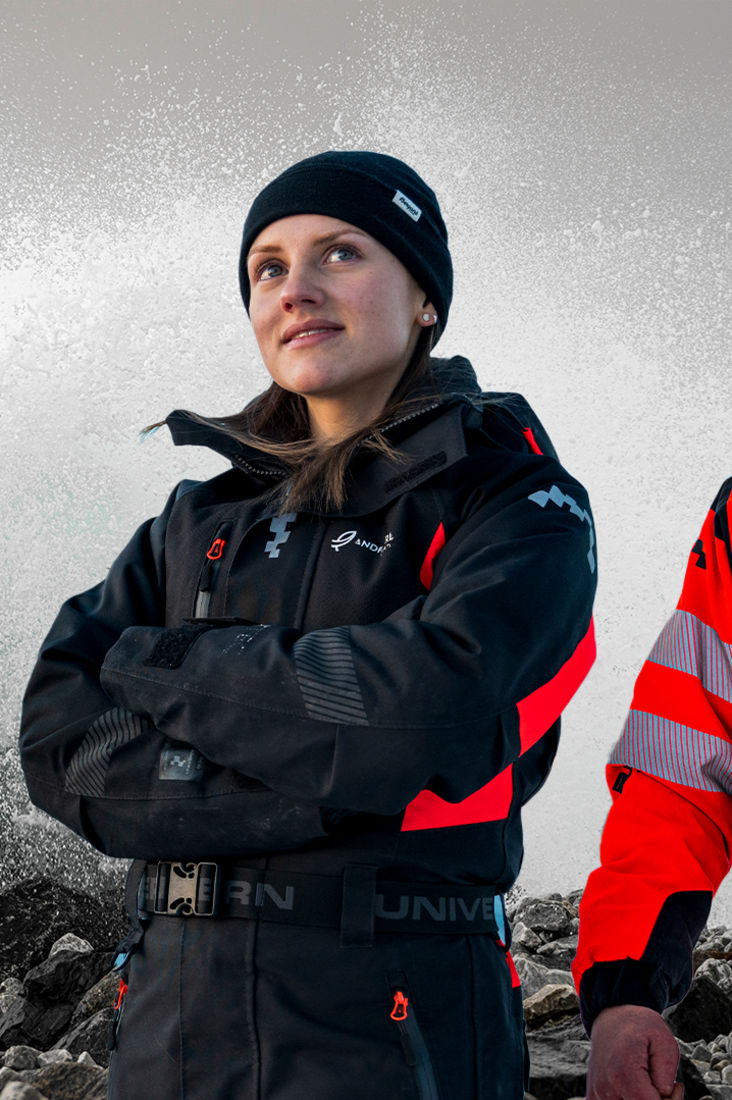
Biodiversity and ecosystems
Biodiversity is critical to the health of people and the planet, and responsible management of the oceans is a key feature of a sustainable future
The escape of fish from net pens is perceived as a threat to natural biodiversity in Europe's marine waters. Escaped fish may cause undesirable genetic effects in native populations through interbreeding, and ecological effects through predation, competition, and the transfer of diseases to wild fish. Escapes are normally the result of technical and operational failures of fish farming technology.
We started working with Norconsult and DNV in 2021 to meet the requirements for escape safety set out in NS 9416 Land-based aquaculture farms for fish. Norconsult and DNV's most recent report gave Andfjord Salmon the highest score in terms of the prevention of fish escape.
Although our land-based facilities and technology provide robust barriers, salmon farming can still have a potential negative impact on flora, fauna, and ecosystems through the building of new sites and discharges to sea. To monitor this potential impact, we have carried out an Environmental Risk Assessment (ERA) and an Environmental Impact Assessment (EIA), as required by Norwegian law and in compliance with the requirements set out by Global G.A.P. Aquaculture Standards. We have also carried out a detailed mapping of biodiversity close to our premises at Kvalnes.
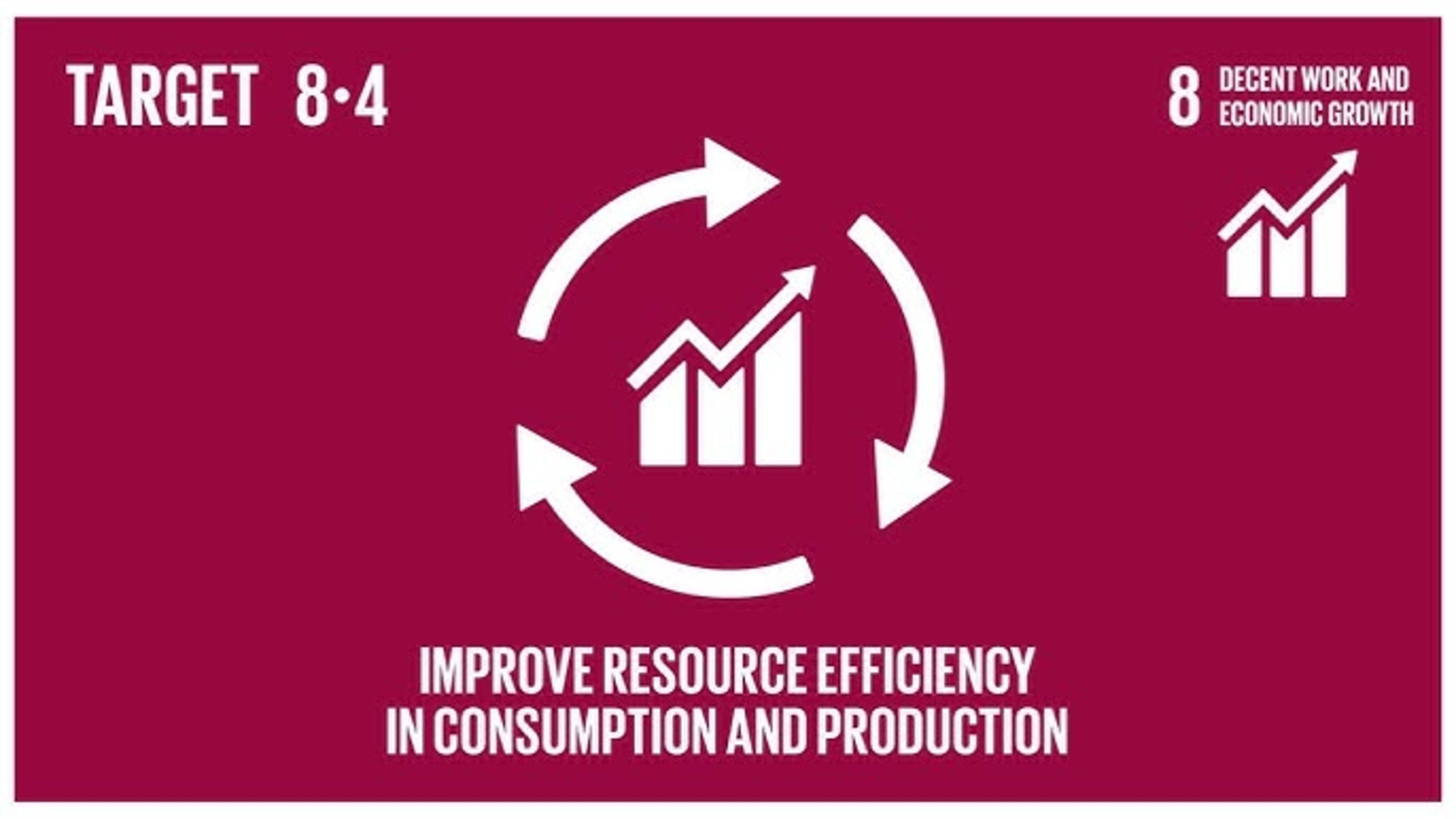
Environmental surveys carried out by the Norwegian Directorate of Fisheries show that effluents of nutrients and organic materials from aquaculture are minor environmental issues in Norway, and monitoring of benthic and kelp forest conditions near the outlet points of our Kvalnes site shows no actual negative impact from our operation on the natural ecological state or loss of species.
Want to know more about our work related to biodiversity and ecosystems?
More facts and figures can be found in our integrated annual report.
Recent news
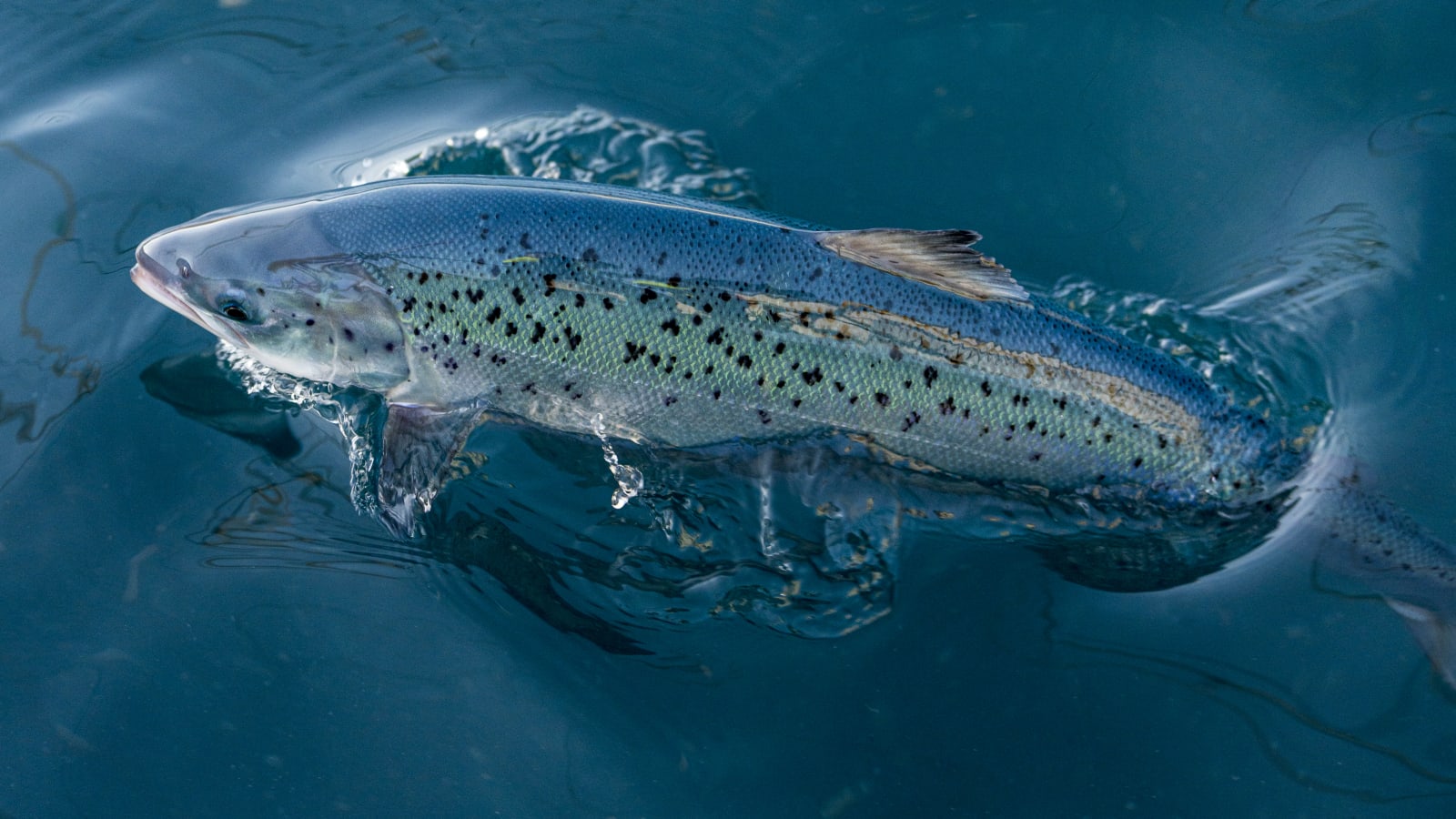
News
Investor
Strong momentum continues, K1 growth accelerates sharply, K0...
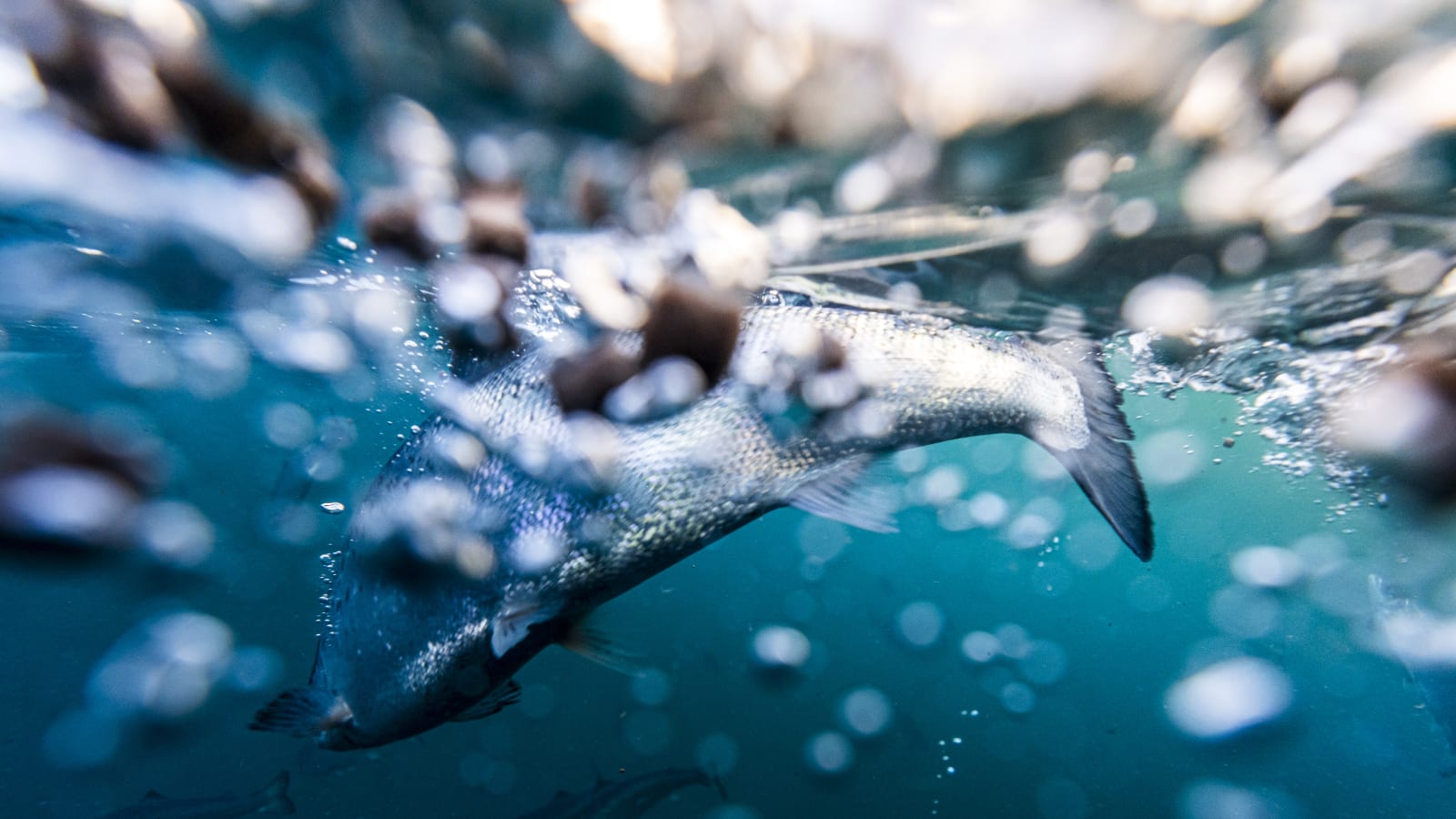
News
Andfjord Salmon secures funding for the Green Platform proje...

News
Investor
Private placement concluded
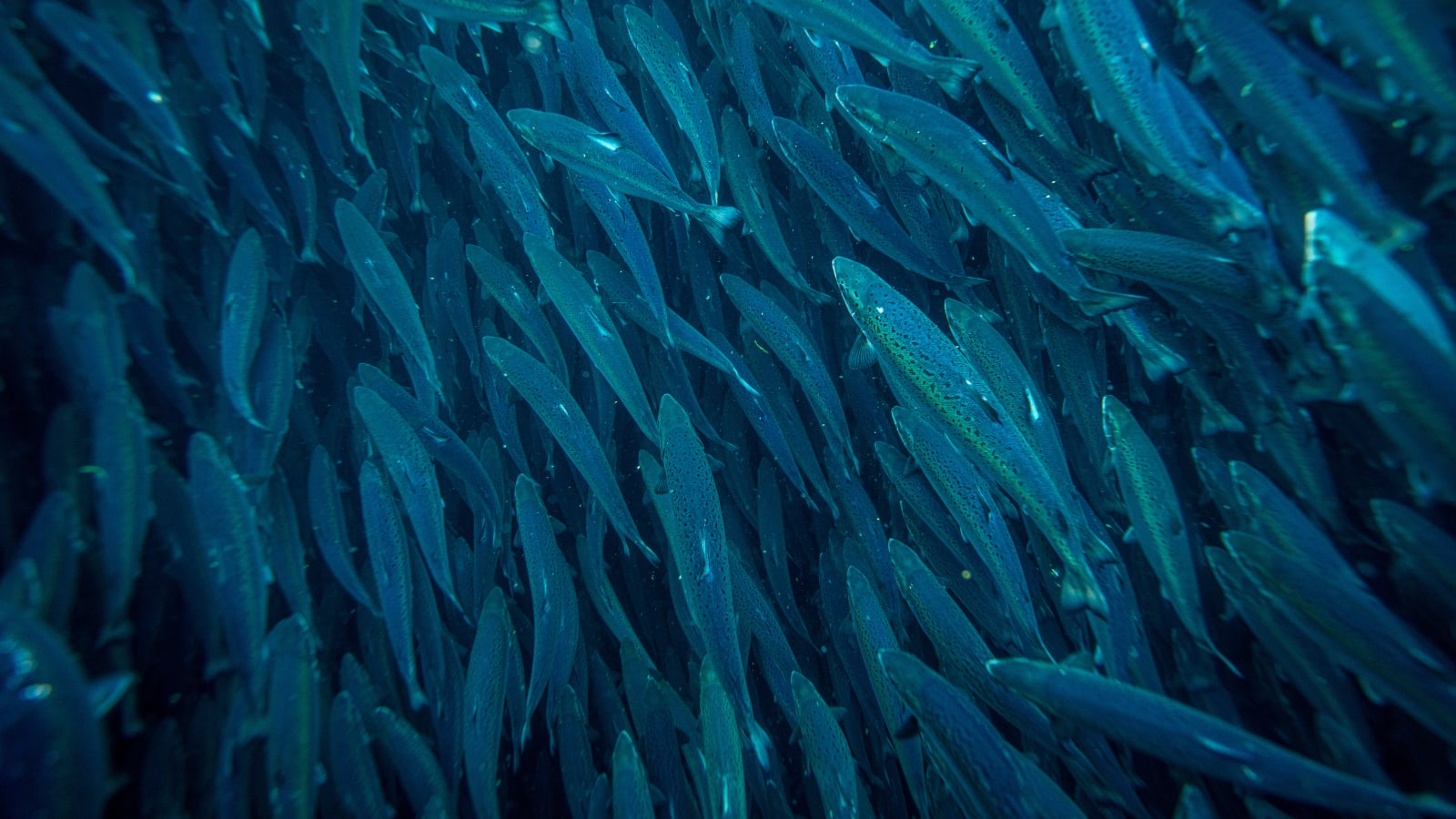
News
Investor
Business update, private placement securing new equity and e...

News
Investor
Claim for compensation against main contractor
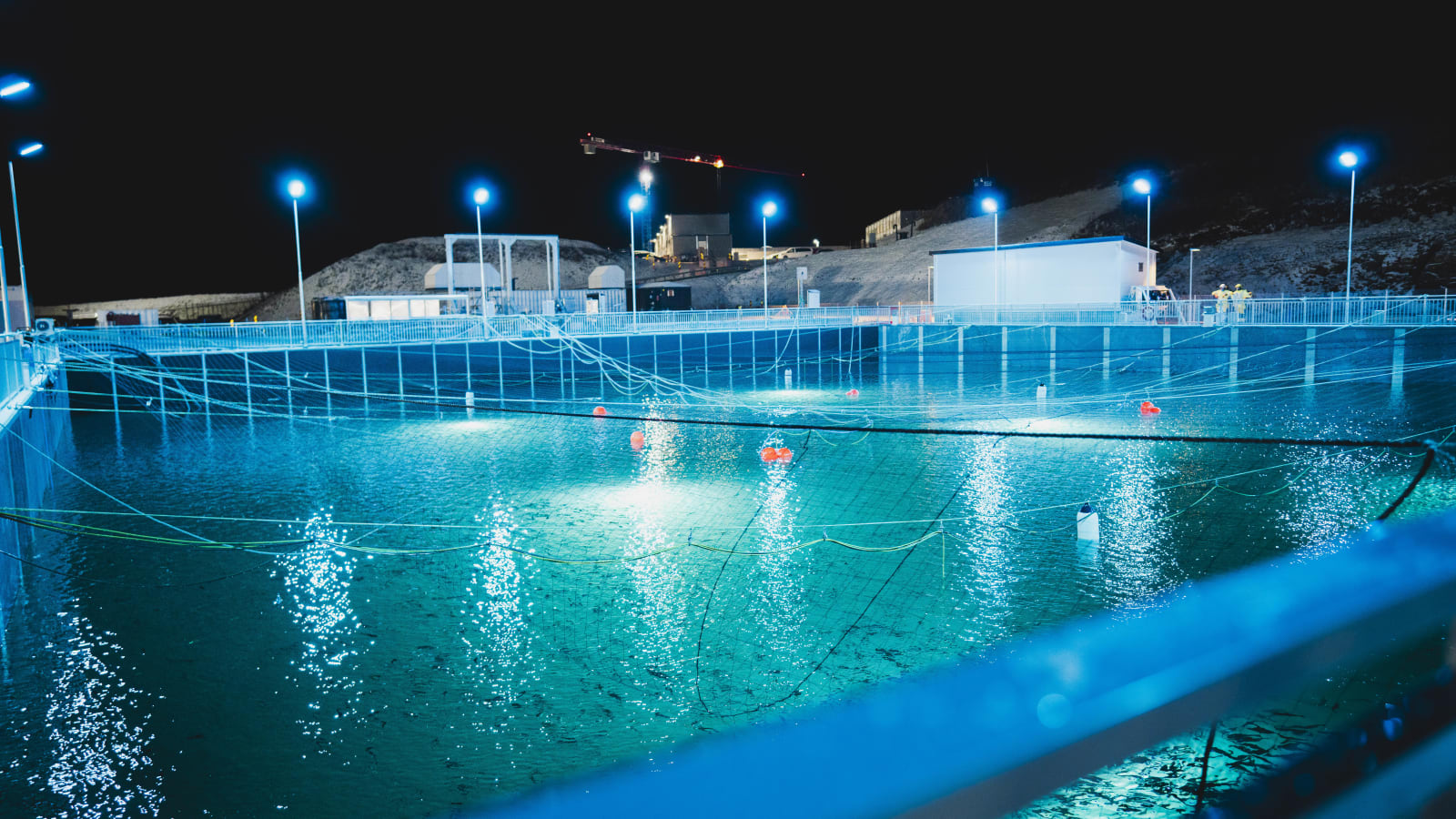
News
Investor
Strong biological performance at Kvalnes

Andfjord Salmon is a Norwegian company established in 2014. The company is listed on the Oslo Stock Exchange (ANDF), and based in Kvalnes on the northernmost island of Andøya in Vesterålen, Norway.

